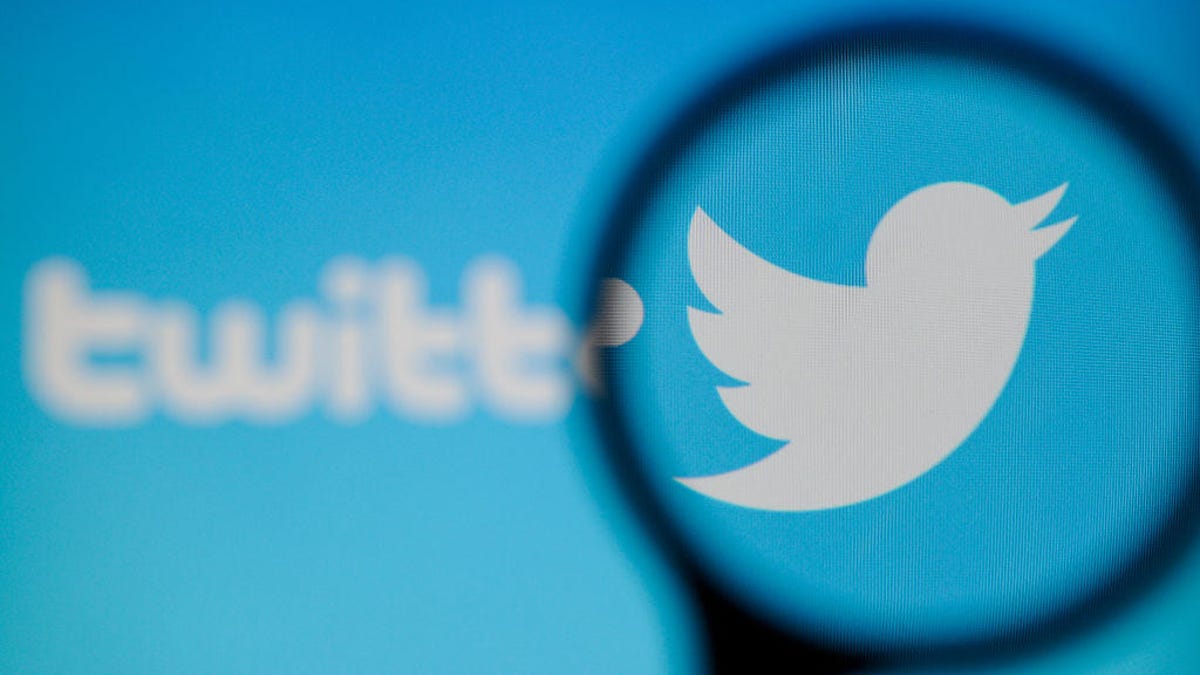ADL tallies up roughly 4 million anti-Semitic tweets in 2017
A new report from the Anti-Defamation League shows Twitter saw millions of anti-Semitic tweets in 2017.

The Anti-Defamation League went looking for anti-Semitic tweets.
Twitter has an anti-Semitism problem.
At least 4.2 million anti-Semitic tweets were shared or re-shared from roughly 3 million Twitter accounts last year, according to an Anti-Defamation League report released Monday. Most of those accounts are believed to be operated by real people rather than automated software known as bots, the organization, an international NGO that works against anti-Semitism and bigotry, said.
The anti-Semitic accounts constitute less than 1% of the roughly 336 million active accounts,
"This new data shows that even with the steps Twitter has taken to remove hate speech and to deal with those accounts disseminating it, users are still spreading a shocking amount of anti-Semitism and using Twitter as a megaphone to harass and intimidate Jews," said ADL CEO Jonathan Greenblatt in a statement.
The report comes amid growing concern about harassment on social media platforms such as Twitter and Facebook, as well as their roles in spreading fake news. Both companies are trying to curb hatred on their platforms while preserving principles of free speech and expression. Last month, Facebook CEO Mark Zuckerberg was summoned to Washington to testify in front of Congress, in part out of concern over how the social network was used to spread propaganda during the 2016 presidential campaign.
Twitter CEO Jack Dorsey has publicly made harassment on the social network a priority, even soliciting ideas for combatting the problem from the public. In March, Dorsey held a livestream to discuss how to deal with the issue. The company has made changes, such as prohibiting offensive account names or better enforcing its terms of service.
Twitter didn't immediately respond to a request for comment.
The ADL report, evaluated tweets on subjects ranging from Holocaust denial and anti-Jewish slurs to positive references to anti-Semitic figures, books and podcasts. The ADL also tallied the use of coded words and symbols, such as the triple parenthesis, which is put around names to signal someone is Jewish.
The study used a dataset of roughly 55,000 tweets, which were screened by a team of researchers for indications of anti-Semitism. Since this is the first report if its kind from the group, there aren't numbers to compare to data. Though, the ADL did release a report on the targeting of journalists during the 2016 election which also included Twitter data.
The ADL says that artificial intelligence and algorithms will eventually be effective at identifying hate online, but human input is needed to train such systems. For example, screeners can teach machines when anti-Semitic language might have been used to express opposition to such ideas or in an ironic manner.
Such issues aren't simply hypothetical. The ADL pointed to the huge volume of tweets about anti-Semitism that were posted during the week of the Charlottesville, Virginia riots last summer. Though Twitter saw the highest volume of tweets about anti-Semitism for the year, only a small percentage were actually anti-Semitic.
The report noted the ADL works with Twitter on the issues of anti-Semitism and bigotry online. Greenblatt said the organization is "pleased that Twitter has already taken significant steps to respond to this challenge."

